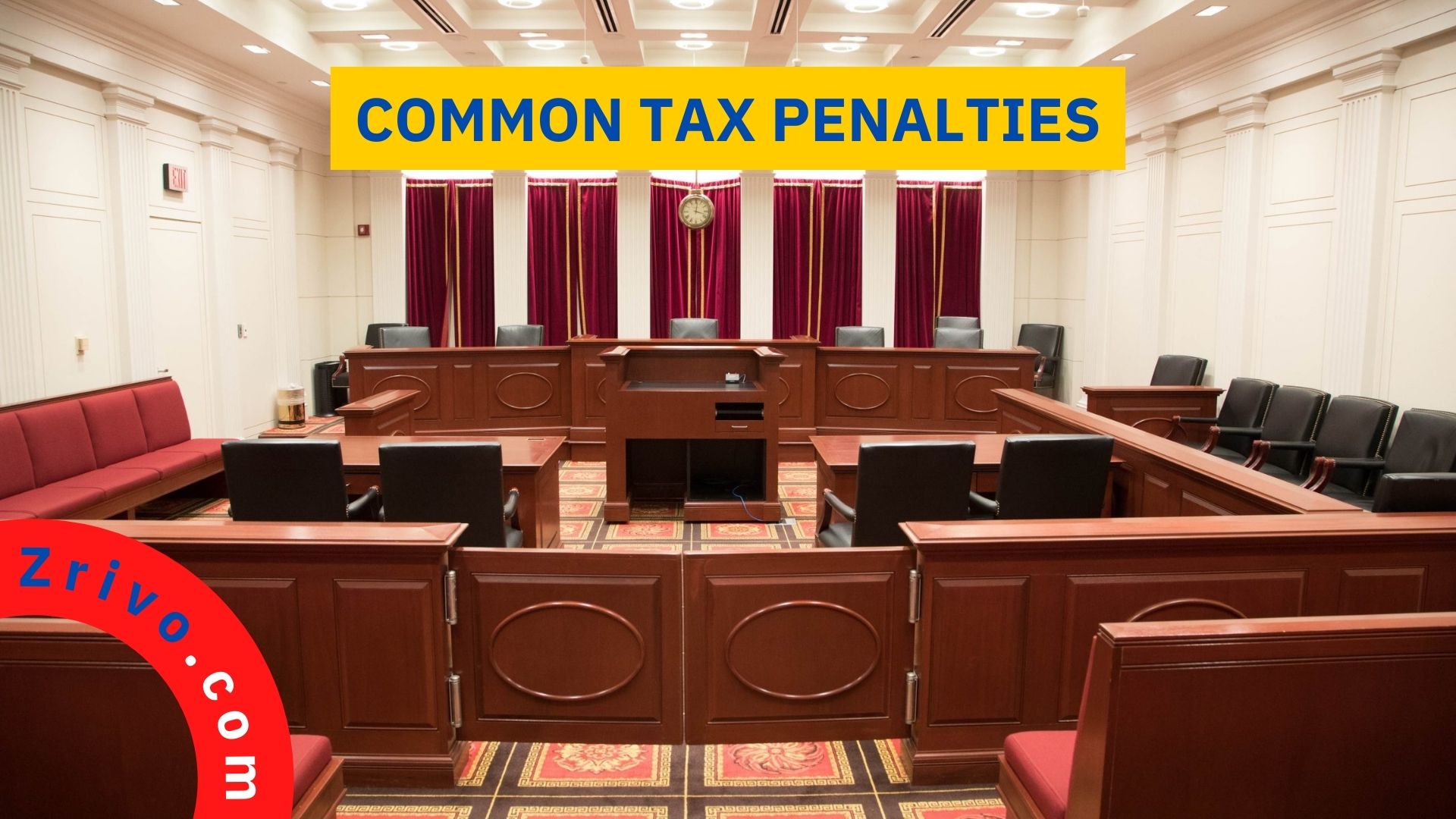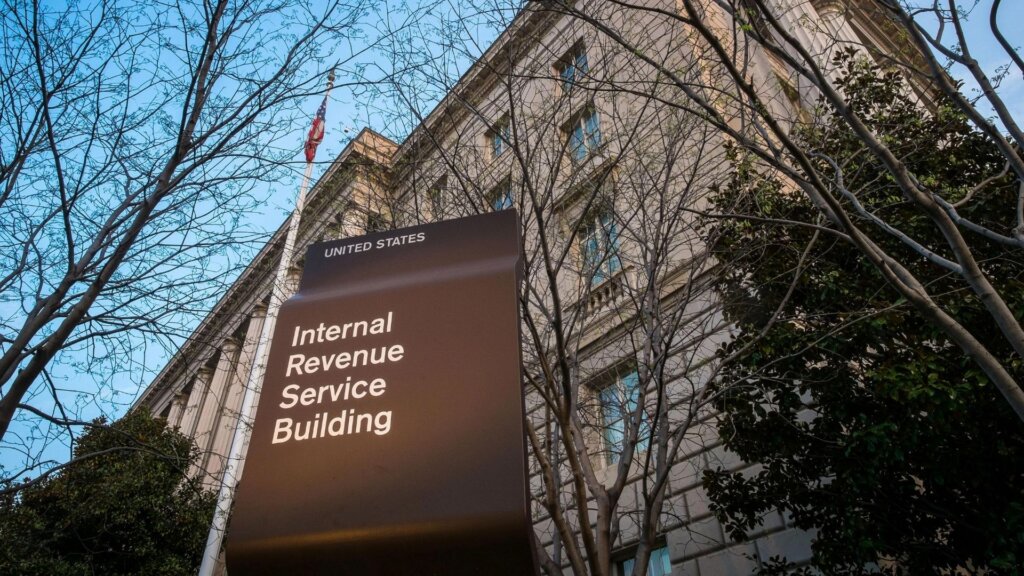
When it comes to taxes, it’s important to know your rights and how to avoid penalties. The IRS imposes penalties to encourage voluntary compliance by demonstrating the tax system’s fairness to compliant taxpayers and increasing the cost of non-compliance. For example, if you fail to file your tax return by the April deadline or request an extension, the IRS will charge you a failure to file a penalty. This is 5% of the total amount of taxes you owe each month that your return is late. If you add in interest, this penalty can reach 25% of the total amount.
Examples of IRS Tax Penalties
The most common IRS penalty is the failure-to-pay penalty. The IRS assesses this civil penalty for failing to pay all of your taxes by the April due date, even if you request an extension or set up a payment plan. The penalty is usually 0.5 percent of the tax owed for each month, or part of a month, that you’re late in paying your tax.
This penalty can be reduced to 0.25 percent if you enter into an installment agreement with the IRS. However, this penalty is still a big deal and can add up to a lot of money over time.
- The most common way to avoid a failure to pay a penalty is to pay your taxes throughout the year through payroll tax withholding or estimated quarterly payments. You’ll also need to take into account your Social Security and Medicare taxes if you are self-employed.
Another common IRS penalty is the underpayment of estimated taxes. This can happen if you don’t have enough withheld from your wages or if you don’t make quarterly estimated tax payments on time. The underpayment of the estimated taxes penalty is assessed based on how much you owe in tax when you owe it and the interest rate for underpayments.
- This can be a costly penalty and is best avoided by paying in full as soon as possible. The IRS is also willing to work with you if you miss a deadline or have a financial hardship. This process is called penalty abatement and can be helpful if you’re experiencing a natural disaster, illness, or the death of an immediate family member.

Tax Evasion Penalty
Tax evasion is one of the most serious penalties that can be levied against a taxpayer. The penalty can result in a prison sentence and significant fines if convicted. Tax evasion is an attempt to hide income from the IRS or avoid paying taxes altogether. This can be done through several means, including concealing cash receipts from businesses or transferring assets to avoid paying taxes.
In some cases, a person will also knowingly fail to pay the taxes they owe. This is called willful failure to pay or file a tax return and can be punished by a fine of up to $100k for individuals or $500k for corporations. Another common form of tax evasion is when someone willfully fails to keep accurate records or files inaccurate or false returns. This can be a serious violation, as it demonstrates that the individual did not have the best knowledge of their finances at the time.
If the individual has a criminal history, it is even more likely that the tax evasion penalty will be imposed. The penalties can include a minimum of two years in jail and substantial fines
.